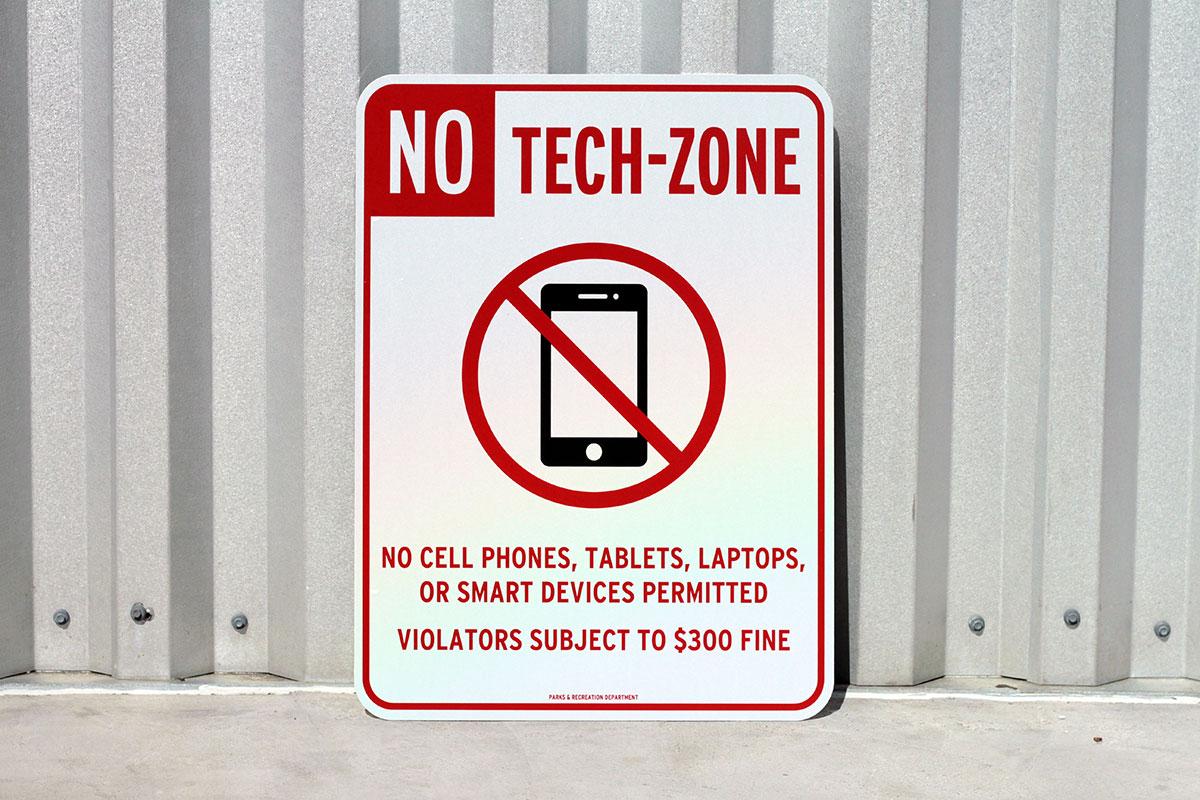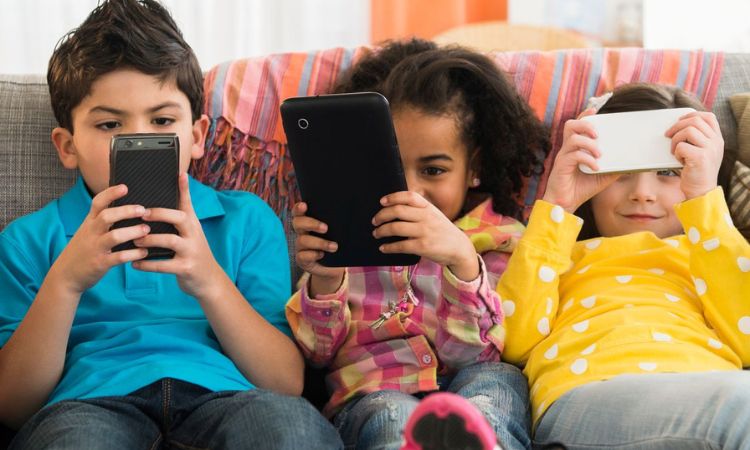We are living in a digital age right now and our entire life can be boiled down to one product – a mobile phone. Back in the day, kids used to go outside and play outdoor games, but today’s children have their eyes glued to a phone or tablet playing League of Legends or Fruit Ninja. Even parents sit the kids aside with a phone in hand, just so they aren’t disturbed. In the long run, the unchecked use of screens will only lead to multiple health issues like addictive screen behaviour, irregular sleep, eye fatigue, headaches, impaired vision, and much more. Increased screen time will undoubtedly decrease the quality of life for your kids, so it is important to build good screen behaviour. Here’s how you can limit screen time for kids.
1. Practise what you preach
You should be well aware that kids follow their parents in everything that they do. So, before you tell your kids to stop being on their phones 24/7, you need to stop doing it. Practise what you preach. Don’t use your phone when you are at the dining table, keep your phone aside when you are spending time with your family, use a physical book instead of an e-reader, and when your kid comes to talk to you, set your phone aside. These are the easiest ways to show your children how to use phones without affecting your regular life.
2. Don’t provide kids with their own gadgets

There is no need for a child to have their own phone. They have enough studying to do in school and should relax at home. Instead of gadgets, inculcate a habit of reading in them, encourage them to go out and play, enroll them in a sports academy, and spend time with them when you are all home together. Don’t just shoo your kid away by handing them your phone. Instead, talk to them, play board games with them and just spend time some quality time with them. This is also a great way to limit screen time for the kids.
Related: Indoor Adventures for Your Little One
3. Don’t bring computers and TV into the bedroom
Keep the television and computers in shared areas like the living area or the study. Don’t install these devices in the bedroom either of the parent or the child. It is easier for parents to keep an eye on what their kids are watching or what kind of games they are playing when TVs and computers are in shared spaces.
4. Monitor what your kids are watching

There’s a reason all apps have parental control. Don’t let your kids watch something that is not age-appropriate. Monitor the kind of games they are playing online, and who they are talking to, and keep them away from social media, especially if they are below 14-15 years old. When you put a movie on for your child, make sure there is no inappropriate content in it; either watch the movie yourself first or read up about it.
5. Allocate time to use gadgets
Instead of giving your kids free reign over using television, phones, and computers, allocate a specific time when they can use these gadgets. Maybe one hour after they’ve done their homework and studying, maybe two hours over the weekend, or two half-hour sessions in a day at two different times. Choose what is best suited for your child. Keeping aside a set time to use gadgets allows you to limit screen hours for your kids.
6. Create gadget-free zones in the house

It could be the library or the dinner table – in these zones, nobody is allowed phones or any electronic gadgets, neither adults nor children. And keep this rule intact, no matter what, unless it is an emergency.
Featured Image Source
Related: Dear Parents, Encouraging Sibling Rivalry May Not Be As Healthy As You Think














